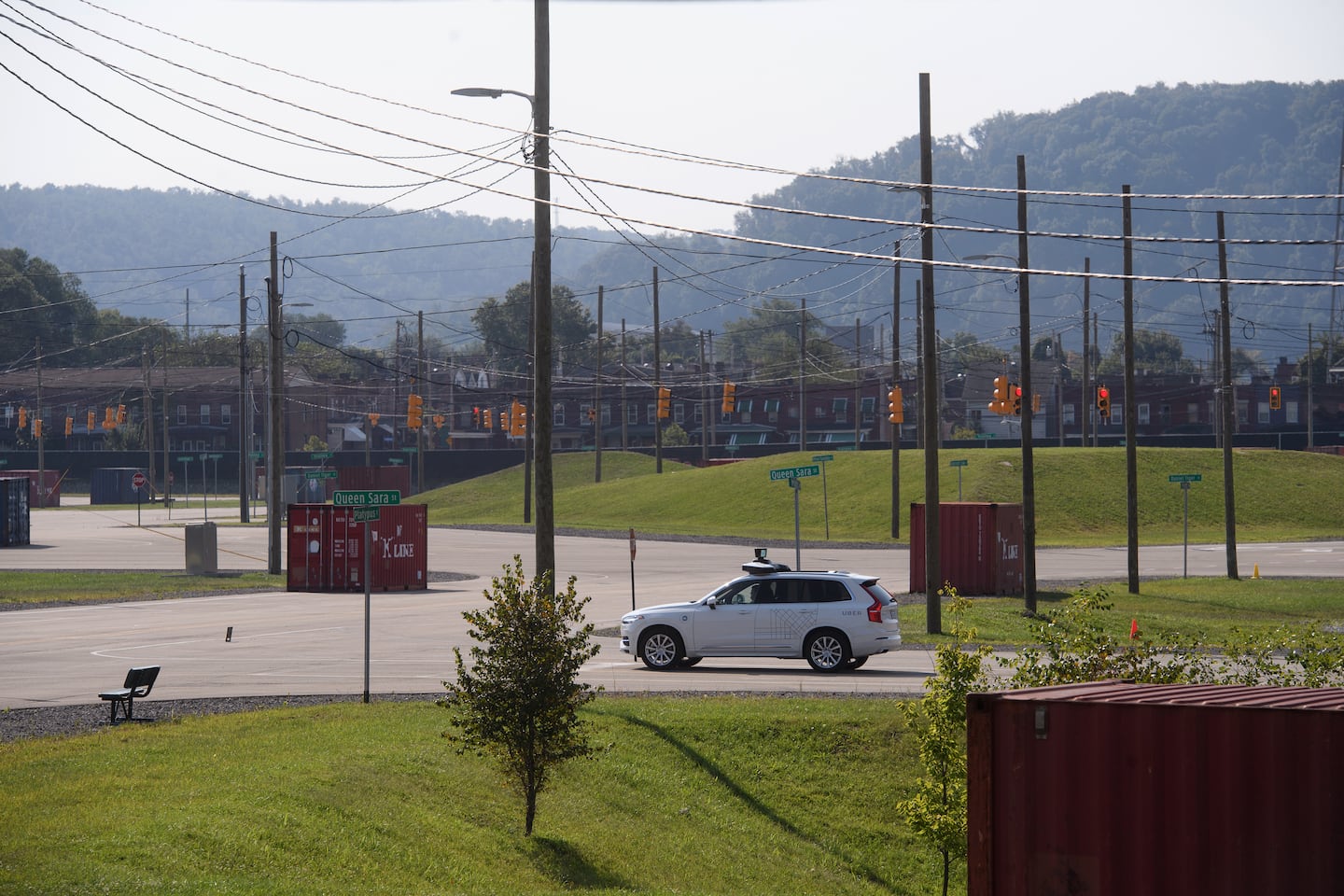Uber offloads troubled self-driving unit to startup Aurora

The sale represents the final chapter for an ambitious but troubled division that was left reeling after one of its vehicles was investigated in the first known pedestrian death involving a self-driving vehicle.
Uber has been the dominant player in the ride-hailing industry over the past decade, but the pandemic has strained its business and forced it to rely more on food delivery while cutting back on longer-term investments and experimental projects.
Ride-hailing and food delivery start-ups have for years made significant bets on autonomous vehicles that could one day allow the companies to provide trips and make deliveries without paying a driver. Removing human drivers could make their services profitable and exponentially more lucrative. Uber, whose business model has relied heavily on discounts for riders and incentives to lure drivers onto the app, has lost billions of dollars since going public in 2019.
Uber’s abandonment of its in-house effort is an about face from its ambition outlined ahead of its public offering in 2019.
Uber is “developing autonomous vehicle technologies, which we believe have the long-term potential to provide safer and more efficient rides and deliveries to consumers, as well as lower prices,” the company said in its 2019 IPO filing. Uber said it envisioned an “expected long hybrid period of co-existence of Drivers and autonomous vehicles.”
Uber and Aurora announced their plans Monday afternoon, adding that Uber would invest $400 million in the company and its CEO, Dara Khosrowshahi, would join Aurora’s board. Uber will maintain a minority stake.
Uber’s self-driving division, known as the Advanced Technologies Group, came under scrutiny in 2018 after a self-driving Uber vehicle struck and killed a 49-year-old woman in Tempe, Ariz., as she crossed a darkly lit street while pushing a bicycle. Investigators found the backup human driver was streaming video on a cellphone at the time of the crash.
The sale to Aurora puts Uber’s ATG division in the hands of a company that has prided itself on a slower approach to autonomy with an emphasis on safety.
“With the addition of ATG, Aurora will have an incredibly strong team and technology, a clear path to several markets, and the resources to deliver,” Chris Urmson, co-founder and CEO of Aurora, said in a statement. “Simply put, Aurora will be the company best positioned to deliver the self-driving products necessary to make transportation and logistics safer, more accessible, and less expensive.”
Khosrowshahi lauded the deal and possibilities it brings in a statement. The deal represents another pandemic-era shake-up for Uber, which has consolidated some aspects of its business but expanded others, most significantly acquiring food-delivery rival Postmates in a deal struck this summer.
“Few technologies hold as much promise to improve people’s lives with safe, accessible, and environmentally friendly transportation as self-driving vehicles,” Khosrowshahi said. “For the last five years, our phenomenal team at ATG has been at the forefront of this effort — and in joining forces with Aurora, they are now in pole position to deliver on that promise even faster.”
Aurora intends to offer employment to a majority of ATG’s workers, who number over a thousand, according to people familiar with the deal, who spoke on the condition of anonymity because they were not authorized to speak about it publicly.
Urmson, the Aurora CEO, said in an email to employees on Monday that the ATG acquisition positioned Aurora as an industry leader in autonomy. And he said it carried significant implications for the safety and advancement of autonomous vehicle technology.
“Perhaps if we could have delivered this technology earlier, a loved one would still be alive,” he wrote.
“All of this means that through the combination of our companies, we jump to be the top player in our space,” he added later. “It’s not foregone, but victory is now ours to lose.”






